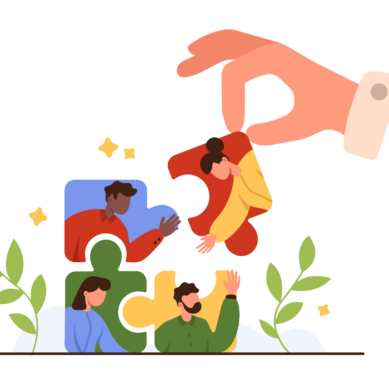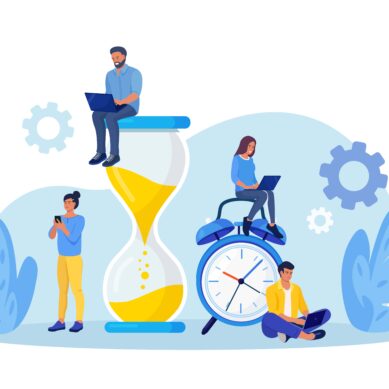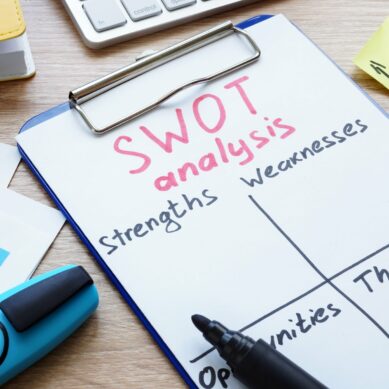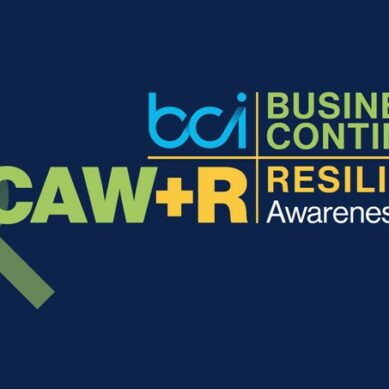Coaching is a big buzzword in today’s business world. If you are someone with intentions of moving up the corporate ladder, you are encouraged to seek out a coach to get you there. Management likewise is encouraged to dig deep and coach their own employees to achieve more for the company. But for all the fanfare, not much is written on how to evaluate when to get a coach, what to look for in a coach, or how to be a better coach. To sum it all up, there are a lot of expectations but a lot less in the way of guidance.
Coaching is not necessarily for everyone
First, let’s dispel the notion that you need to coach everyone all the time if you are a boss. Coaching should be used judiciously. Bob Frizzle, Chief Financial Officer of CU*Answers notes, “Coaching is something that someone seeks out. If I want to perform better, if I want to think about moving up, I go and find a coach, and I say, ‘Here’s the way I have been taught or the way I think through an issue. Help me think through it a little differently. Help me think through it bigger.’” Frizzle added that “Coaching is important because it helps elevate people that are interested in being elevated.”
The most important thing to think about when coaching is communication. Coaches should approach from the employee’s perspective and try to craft a coaching style that meets the person they are coaching. Come alongside the person you are working with and demonstrate by your actions that you really care about helping them do their job more effectively and helping them advance their career. When mentoring employees, Scott Collins, Executive Vice President of Sales and Marketplace Relationships, advised, “I think back to the best coaches I’ve had through sports or team events–they rallied me to the cause. They were able to say, ‘You’re going to get better, and we’re going to get better together.’”
Coaching offers new perspectives
Good coaching provides the employee the opportunity to reflect on their decisions and actions. If you find yourself in the position to coach another individual, listen to what the person has done to get to their decisions and make sure to really observe the effort the person is going through to make their decisions.
Next, offer advice on how they can improve–or perhaps present the situation from a different perspective to show what they might do the next time they are faced with a similar scenario. You may have even been in a similar situation earlier in your career, and if not, you probably know someone who has been. Be with the person you are coaching and guide them to see a path to a better outcome the next time they are faced with a similar challenge. Allow them to see the problem through the eyes of someone with that level of experience.
CU*Answers CEO Geoff Johnson’s advice to rising executives is that they do not forget that growth is a process. Johnson recently said to employees, “I like to focus on some of the key aspects that I believe team members should go through when making an important decision. I often like to hear what they decided not to do, and I find that as important as the question of what the ‘yes’ was. It’s the steps that we took to get to that particular ‘yes’ that I believe are some of the most important aspects when we make decisions, and I like to focus on those when I’m coaching.”
Coaching is a give and take
Take the time to coach the people around you. Work in these recommendations and coach people who want to be elevated, motivate them with a “can do” spirit, and take the time to listen to their growth as leaders. Develop your own personal communication style built on your expectation of a coach while also understanding the person you’re working with and what they need from you.
Don’t sweat the next time you feel the need to be a coach. It is not that hard to be there. I trust that if you truly invest in the person you’re coaching, you will find the experience turns out to be as valuable for you as it is for them.






























































